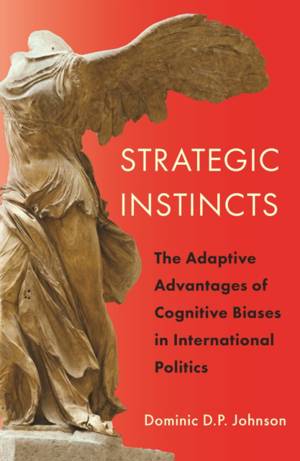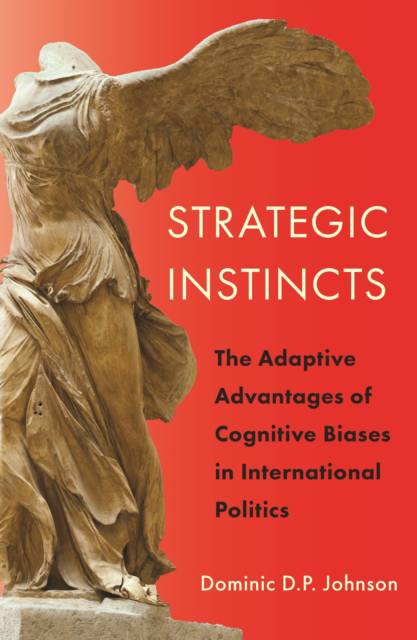
- Retrait gratuit dans votre magasin Club
- 7.000.000 titres dans notre catalogue
- Payer en toute sécurité
- Toujours un magasin près de chez vous
- Retrait gratuit dans votre magasin Club
- 7.000.000 titres dans notre catalogue
- Payer en toute sécurité
- Toujours un magasin près de chez vous
Strategic Instincts
The Adaptive Advantages of Cognitive Biases in International Politics
Dominic D P Johnson
38,95 €
+ 77 points
Format
Description
"A very timely book."--Anne-Marie Slaughter, CEO of New America
How cognitive biases can guide good decision making in politics and international relations
Spécifications
Parties prenantes
- Auteur(s) :
- Editeur:
Contenu
- Nombre de pages :
- 392
- Langue:
- Anglais
- Collection :
- Tome:
- n° 171
Caractéristiques
- EAN:
- 9780691210605
- Date de parution :
- 27-09-22
- Format:
- Livre broché
- Format numérique:
- Trade paperback (VS)
- Dimensions :
- 154 mm x 228 mm
- Poids :
- 580 g







